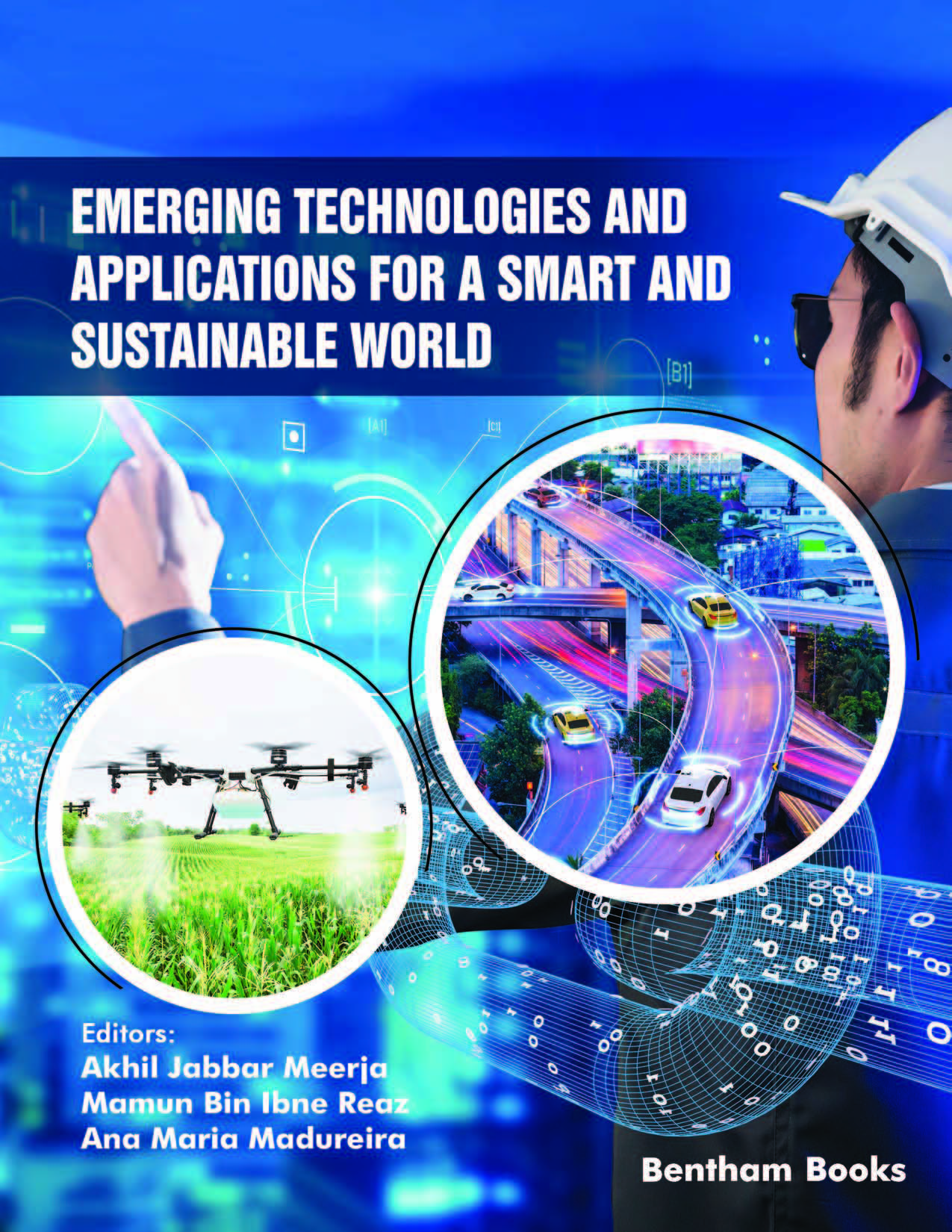Foreword
Transformation from traditional city structure to smart cities geared up fast in last few years and it will bring trillions worth market from the researches of Frost & Sullivan. The atmosphere and Geo distance of families and new way of social life brought a phenomenal change in human life. The urban life had to face a lot of challenges compared to rural areas where social connections are still present.
Most of the urban citizens need security in life while living alone or hardly with single companion and prefer to have e-services, which will help to avail maximum services over the internet in a smart way. Both Public and Private sectors do certainly invest in innovation and digital areas to improve the services of public life.
The research towards smart cities will open many partnerships between data provider companies, software solutions, and research institutes in Artificial Intelligence and Machine Learning space. These strategic steps will also lead to having operational efficiency and benefits to the quality of life.
Imagination of smart cities falls into two categories; Public, Private. In both sectors, many players like government, civic authorities, water boards, urban authorities, and planners require to work together to build a sustainable environment. There will be significant investment by the public sector because common problems like traffic, public service departments, healthcare, police are a few departments where heavy data flow presence requires services to be smart to reach public.
Transformation of traditional homes in a smart way requires time. Townships and greater communities brought few smart mechanisms like visitor recognition, security, surveillance etc. at a community level. But making home smart means to change everything, which requires time. Not all smart systems like Google Mini or Amazon Eco will take care of everything. In the subcontinents, smart cities are more aligned to outside environment changes and certainly not smart homes.
Evolution of smart cities is possible with citizen’s plebiscite, decision-making and then build the eco system keeping in view Urban growth in large scale. It requires building command centres everywhere to close monitor and analyse the data for quick action and response. Also, it is very critical to establish proper disaster recovery mechanisms since systems may be disturbed due to natural calamities. Industries like IT, Manufacturing, Automation all have to come together and build sustainable devices for public usage. Finally, the solutions have to be built on low code platforms leveraging open-source technologies so that implementation will be faster and the public can get its benefits soon.
Vidyasagar Tejomurtula
Chair, IEEE Hyderabad Section Student Activities Committee
Tata Consultancy Services
Hyderabad, India

